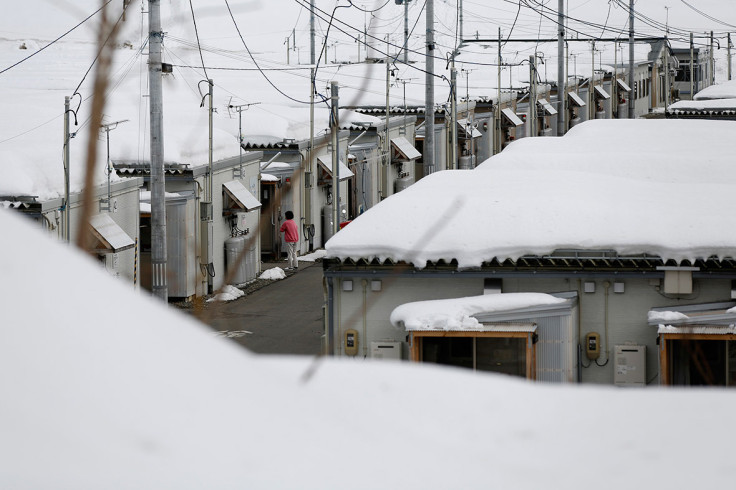Japan: Study finds higher thyroid cancer in children living near Fukushima nuclear plant

A study has revealed that children who are living close to the Fukushima nuclear power plant in Japan are diagnosed with higher rates of thyroid cancer. According to the research estimates, children in the area close to the power plant develop thyroid cancer nearly 20-to-50 times more than the average.
The average rate of thyroid cancer in children is estimated at one-to-two children per million. Nearly 137 children were diagnosed with the cancer in the Fukushima area in August alone, which was a 25 per cent spike from the same month in 2014.
"This is more than expected and emerging faster than expected," said the study's lead author Toshihide Tsuda. "This is 20 times to 50 times what would be normally expected." The government, however maintains the higher detected cancer rates are simply due to more stringent monitoring, like regular ultrasound checks, following the Fukushima accident. Critics also cite the lack of individual estimates on radiation doses makes the study somewhat inaccurate.
The general public consensus however, remains that the culprit is most likely radiation. Noriko Matsumoto, 53, a nurse from Koriyama, Fukushima, who fled to Tokyo with her 11-year-old daughter following the nuclear disaster said, reported The Associated Press: "My daughter has the right to live free of radiation. We can never be sure about blaming radiation. But I personally feel radiation is behind sicknesses."
The study has been published online and will appear in the November issue of Epidemiology. It involved testing that was monitored by the Fukushima Medical University.
In 2013, the World Health Organisation had warned that while the overall health risks to the population in Japan remains low following the Fukushima nuclear disaster, people living close to the nuclear power plant are at an increased risk of developing cancer.
"A breakdown of data, based on age, gender and proximity to the nuclear plant, does show a higher cancer risk for those located in the most contaminated parts," said Maria Neira, WHO director for public health and environment. "The WHO report underlines the need for long-term health monitoring of those who are at high risk, along with the provision of necessary medical follow-up and support services. This will remain an important element in the public health response to the disaster for decades."
© Copyright IBTimes 2025. All rights reserved.





















